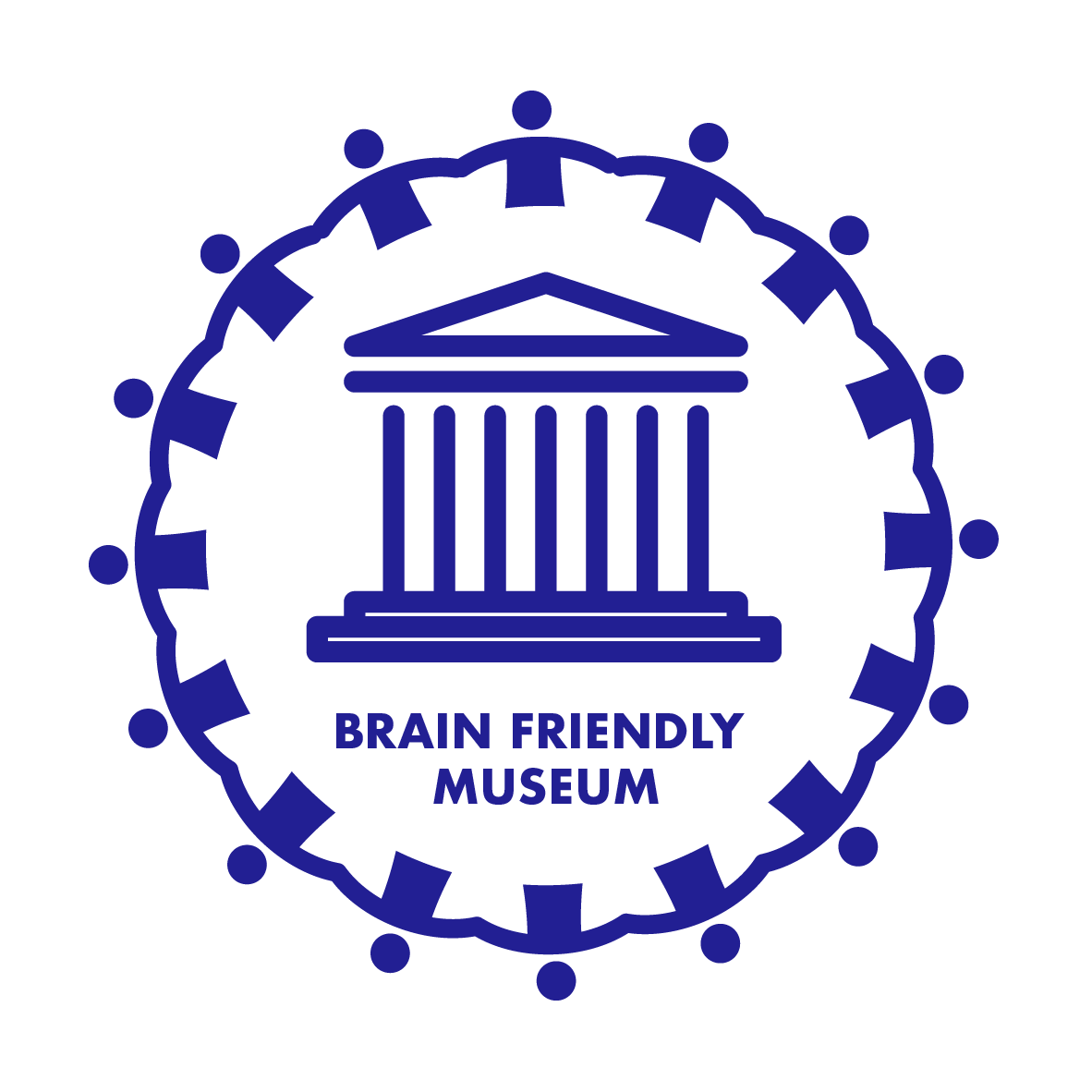THE ASBA PROJECT.
MUSEUMS CAN RELIEVE ANXIETY AND STRESS FOR VISITORS AND STAFF DEVELOP WELLBEING WITH THE BFM APPROACH
Museums can face challenges in providing activities that effectively relieve anxiety and stress through their collections. Simply arriving at a museum doesn’t guarantee that visitors will connect with and benefit from the objects on display, but specific guidance may help to obtain this result.
The Brain-Friendly Museum (BFM) approach addresses this issue by encouraging collaboration between experts from various fields, primarily drawing on psychology theories and neuroscience tools. The goal is to enhance the quality of the museum experience and improve mental wellbeing.
What is the ASBA Project?
ASBA stands for Anxiety, Stress, Brain-friendly museum, Approach. It introduces an effective solution to the problem of stress and anxiety, offering science-based advancements to address this issue.
The BFM book highlights emotions as its first topic, and ASBA specifically focuses on anxiety (which is an emotion) and stress. This project is a concrete application of the BFM approach, designed to benefit museum visitors by enhancing their wellbeing.
The overall aim is to provide a calm and safe environment where people can:
- learn and practice techniques to relieve negative emotions while engaging with museum objects
- understand the great value of museums and cultural heritage
- feel less anxious by improving their wellbeing during their museum visit
- become more aware of stress and anxiety, realising how they affect individuals
The project is divided into three key phases:
- improvement of adults’ wellbeing: experiments have been conducted at the Natural History Museum and the Galleria d’Arte Moderna in Milan, Italy
- enhancement of museum staff’s wellbeing: experiments have taken place at the Museo d’Arte Orientale di Torino, Italy
- help young people’s wellbeing (coming soon)
ASBA offers practical support for museums interested in promoting wellbeing-related activities. It proposes multiple strategies, allowing museums to choose the most suitable approach for their specific needs.
One of the methods, Nature+Art, is brand-new, while others, such as mindfulness, are well-known but have not been fully tested or widely adopted in museums, particularly in Italy. Each method has been tested in two types of museums—fine arts and science museums—to ensure their applicability in different cultural contexts.
The research protocol of the ASBA project has been approved by the University Milano-Bicocca (Italy).
The ASBA Project is coordinated by Annalisa Banzi (art historian)
